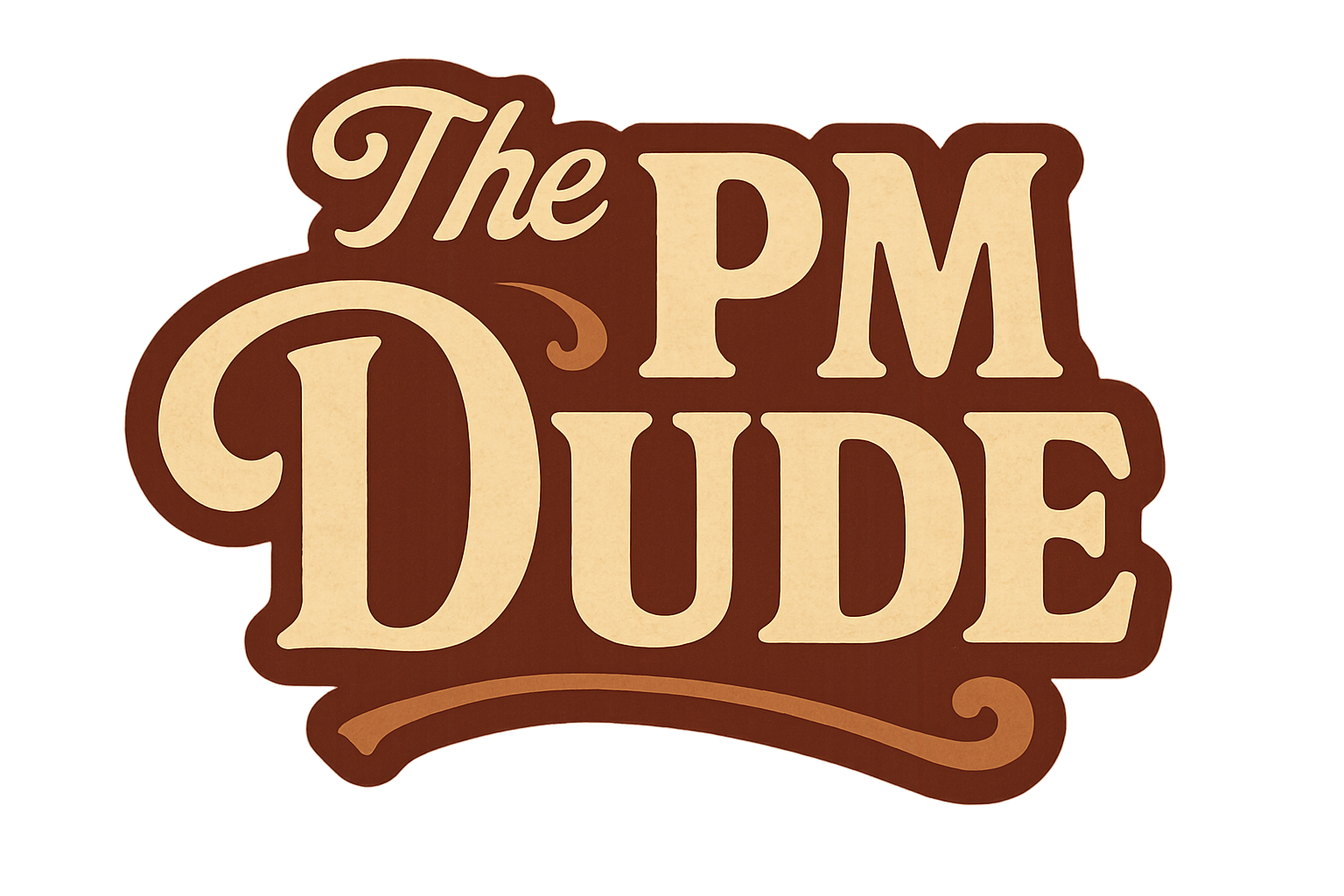The end is neigh - perhaps
The "Sharing" economy is anything but. That said, as more of the operators go public, the sticker shock to consumers will increase

When I first learnt of the service called Über, in the early-ish 2010’s, I thought what fresh hell was this business model? From a high level, the concept of the sharing economy sorta made sense. I mean, I have things that I don’t use that often, and if I could make a few bucks by loaning them out, I can see how that might make sense. Common good, and reduced waste.
But pretty quickly it was clear that this really wasn’t “sharing” a ride if you were going to a similar location, but instead it was a business model designed to destroy the incumbent(s) (sanctioned Taxis and Limousine services) by leveraging drivers providing their own cars, without a lot of the niceties that the sanctioned, licensed operators provide. Like commercial drivers licenses (far more stringent to obtain and maintain. As in, if you get a DUI, you lose your CDL) and, at least early on, personal insurance that might leave your passengers SOL if there is an incident.
But the rides were cheap. Unbelievably ridiculously cheap. Like less than half the price of a traditional taxi, or black car service. People used Uber to go grab a soda from 7-11. Ridership on public transit declined as it was cheaper to take an Über than to pay the fare and wait for the scheduled bus/train.
And drivers were well paid (at least early on) often reporting clearing more than $50 an hour.
These dynamics fueled explosive growth. Massive build out, aggressive marketing campaigns to attract armies of drivers in hot markets around the world. Ever more subsidized rides.
Happy customers, paying sub-market rates for rides, and drivers who were raking in the moola for their efforts.
Then it began to change. Über and it main competitor, Lyft were able to build at this scale due to access to a veritable ocean of venture capitalist funds. Hundreds of millions of dollars being poured into their coffers to subsidize the prices paid by riders, that kept them from the sanctioned services, while the trimming of expenses (read: Driver pay) were used to get balance sheets looking - to a degree - rational, all in an attempt to tart them up to prepare for an IPO.
But, to a generation, the app based services had become the new normal. When high school students use Über to get to and from class, even hailing a car to go out to lunch, you know that it is something that is deeply ingrained in their personas.
But how long can/should this subsidization last? Story after story about how drivers are exploited are being published. Instead of most drivers just logging in for a couple of hours to make some extra cash, the impression that the majors try to sell, the reality is that like most entry level roles, driving is low pay, constantly under surveillance (if you decline too many rides, you get deprioritized, and may actually be suspended from the app), you get no benefits, and you are responsible for maintenance and operating costs of your vehicle.
I recall reading the tale of one zealous Über driver who used his nice Audi, assuming that his riders will appreciate the comfort and luxury of his car. But cleaning puke out of the back seat from far too many drunk passengers, and the high mileage takes a serious toll, especially on a European sedan that already has a reputation for needing a heavy maintenance cycle, and putting nearly 120K miles on in a year is quite costly.
The reckoning
Much of the app based economy feels like it is centered around tech-bros in high population urban environments (SF, London, NYC) reducing friction. Food delivery (at one time there was an app based gig-economy service to deliver gourmet burritos) parking services, laundry services, and pretty much any amenity. For a few bucks (more than matched by seemingly bottomless coffers of cash from VC’s who seem to have lost their freakin’ minds) you could have virtually any amenity, whether that is a scrumptious burrito delivered to your door, or your laundry picked up, laundered, folded, and returned to you, or even a valet that you could summon to park your car.
Of course, Covid is altering the dynamics somewhat. Drivers early on found demand dwindling, and for the first time ever were able to take part in the social safety net with the expansion of unemployment insurance (UI) being expanded to gig work. Sure, many moved to UberEats, Doordash and other delivery services (which I do not patronize either), but reports are that the earnings were not as high, and clients could be far more rude.
Not to mention how this squeezes restaurants, and has given rise to the shitty phenomena of “ghost kitchens” while some are legit, many copy items from other restaurants
The rub? I am not sure that any of these operations will ever return on their investments, at least to the expectations of their VC funders. Surely Lyft and Über have scale to stay, but will they ever live up to their hype?
I wouldn’t bet on it.
And the millennials who have been pampered with below cost “luxe” services are beginning to square that with the trend to rising prices to get closer to break even.
And don’t get me started on the shit-show that is WeWork.
(The reason I am really pissed is that I was a huge fan of using Super Shuttle shared ride vans for my drop offs and pick ups from travel. They closed for good at the end of 2019, and I am still bitter)




